Communities, Business and the Covid Crisis
I run a community business, one type of social enterprise. Social and Community Businesses are on the increase, as people realise that communities are best placed to solve their own problems, especially in light of the chronic under-resourcing that has destabilised so much statutory support. Social businesses come in all shapes and sizes and operate across all sectors, and operate, to greater and lesser degrees, much the same as a commercial business.
The thing which defines them is doing business for social, not commercial, gain; reinvesting profits rather than distributing to shareholders. Some types of social business such as cooperatives and community interest companies can and do distribute profits, but there are clear limits and regulations around this. In total, social enterprises are worth around 3% of UK GDP – three times larger than the agricultural sector. At 5% of all UK employment, they employ as many people as the entire creative industry sector.
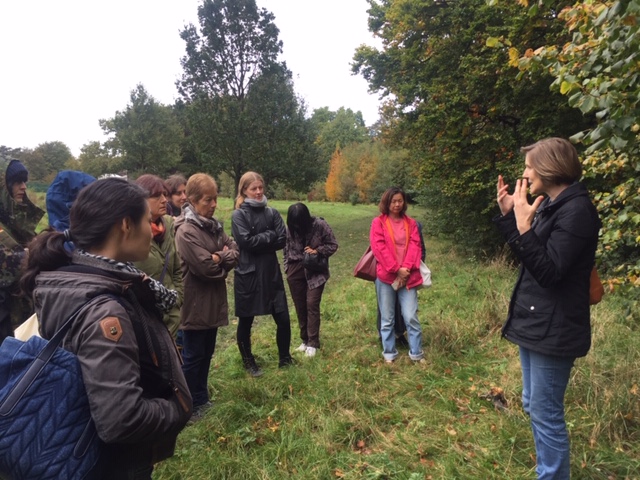
Nature education
Since lockdown began back in March, social and community businesses, together with Charities and Voluntary Community Organisations, have become more crucial than ever in our communities. From an already bleak picture of long term under-resourcing, local councils and statutory services have relied heavily on these groups and organisations which are connected on the ground to local people and form an vital part of our social support networks.
When the pandemic hit, it was to these organisations that officials turned to find out what was going on, who was affected, who needed help and how it could be delivered to them. The sector, like many others, was hit hard in terms of finance and capacity, but relying heavily on volunteers and benefitting from the ability to fundraise, in most cases it was able to adapt rather than fail.
One huge and previously unimagined benefit of the crisis was that the social business sector, like most others, needed to occupy a new, virtual space. Zoom calls and conferences, breakout rooms and peer to peer networks began to chatter (and in my case, with a rubbish wifi connection and a laptop held together with gaffer tape, to stutter) their way across the country. One such group, which I’ve been connecting with whenever I can, is the Community Business Mutual Aid Network. It meets online once a month for people to connect, share problems and discuss issues in peer-led small groups. It began with a lot of fire-fighting and ‘what are you doing about this and that’ and ‘how can we’ and ‘help!’ type conversations. As people and organisations adjusted, the topics became more strategic and long term.
Right from the start there was a strong feeling that this horrible moment must result in a stronger voice for our sector and the communities we represent, a real change in the status quo. The pandemic crisis showed that when disaster strikes, local community is the first and best placed to respond, and all services (statutory, charitable, voluntary, community, commercial – human!) are stronger working together than apart.
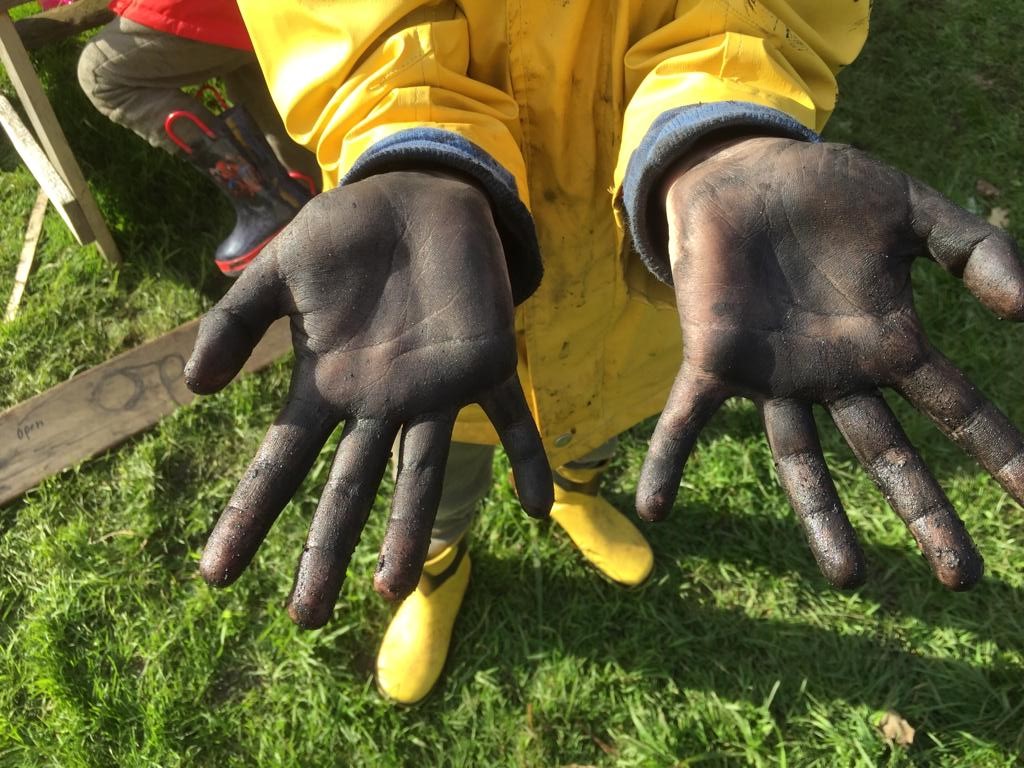
Playtime
The community business I run is an outdoor project, so we had an unbelievably busy summer, being one of the few types of group that could safely continue to meet and provide its core services once lockdown was over. When I dipped back into the Zoom network recently, I was really excited to find the conversations turned to tactics and systemic change. The Mutual Aid group was very much focussed on the practicalities of navigating the next phase, building on strengths and plugging gaps of weakness. We talked a lot about money, and why there isn’t a better and fairer financing infrastructure to support and enable social businesses. And if there were, what might it look like?
We talked about alternatives to money, about taking the circular and social economy to its full conclusion and cutting out cash altogether. And what might this look like? We talked about values and social outcomes, and questioned why a balance sheet shouldn’t encompass other values and assets than the ones which represent pounds, which after all are simply abstract representations of worth. And what might such a balance sheet look like? None of these are new questions, but they are important and recurring ones; maybe now is a good time to start answering them.
From my personal perspective, the direction the world is travelling in, at a time when we need to be making radical changes to the way we live and the way we approach the planet that sustains us, is utterly incomprehensible. There appears to be literally no hope of the unregulated capitalist paradigm being diverted towards the good of the many, or of the precious environment and all the other species we share habitats with. Beneath the rhetoric that “we’re all in this together”, the establishment drive is to serve the corporate machine – it’s cheaper to get them to work from home, here’s a new market, let’s set up a few new healthcare companies. It’s boom time for some.
The vision for which so many campaigning groups are fighting was temporarily made real by empty streets, by birdsong and baking; by make do and mend, sharing of things, helping of neighbours and shortages of food and essential supplies. We shared recipes and loo roll, bought our gifts and cards from makers in our streets, or made them ourselves. People who had never heard of Transition Towns, had never analysed their own consumption, or wished for fewer cars, became aware of a new, more nourishing rhythm of life. Some people had a moment to stop and to think how nice it was to see a flock of geese fly down the middle of an urban street.
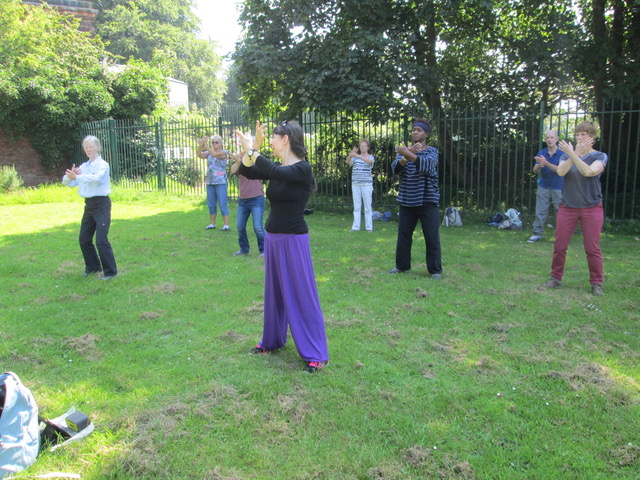
Outdoor wellbeing
Not all of us, of course: some were grieving and suffering in the most isolated of circumstances, working with the trauma in our hospitals, caring for our elders without any personal protection or guidance, working double shifts in delivery warehouses, picking up the pieces of the social fallout amongst our most vulnerable people. This showed how crucial these jobs were. These people became our heroes and were appreciated even by those who maintained the systems that devalued them. And then…
Nothing changed. We were, and are being, dragged back to business as usual – which brings me back to the social business network. If we want things to change, we can only change them in our own lives and communities. I am not to diminishing the importance of these actions; the point is, we can bring about change. This is what Transition Towns is all about of course. It was borne of frustration, of realising that we couldn’t wait for politics and power to change things for us, of the realisation that we must change things for ourselves. As the founder Rob Hopkins puts it, ‘If we wait for Governments it will be too late. If we act as individuals it will be too little. But if we work as communities it might just be enough and it might just be in time.’
For me, community business plays a huge role in this. Commercial models, the power of need and demand to shape supply, of consumers to have a say in what they choose to consume, are not bad models. It’s a question of what happens to the gains at the end of the process, and how does the process itself ensure wider benefits than simply the gain. The community business I’m involved with does this by using a permaculture approach, from design to business planning, to underpin our financial model (which is a necessary part of our sustainability). We operate a triple bottom line – people, profit, environment. Our values define our ‘brand’, and they are very much socially progressive and regenerative values. And we are part of a large and ever-growing network.
Last week, I was in a Revolution Room on Zoom. What we – a wide mix of volunteers, academics, researchers, professionals, social entrepreneurs – came up with was a desire to develop new infrastructures running parallel to the existing structures to support our sector and our aims. We want a new finance system, that benefits from the assets of social businesses and offers low interest rates for development. We want to include land and physical assets in this, to take as much into ‘the commons’ as we can. We want to appropriate or imitate the systems we, and most of the communities we work with, are struggling against, and subvert them to social good. The practicalities of setting up a finance system, or even discussing it past this statement of intent, is way beyond me. But there are plenty of people who have the skills and expertise to do this, and some of them are on our zoom calls.
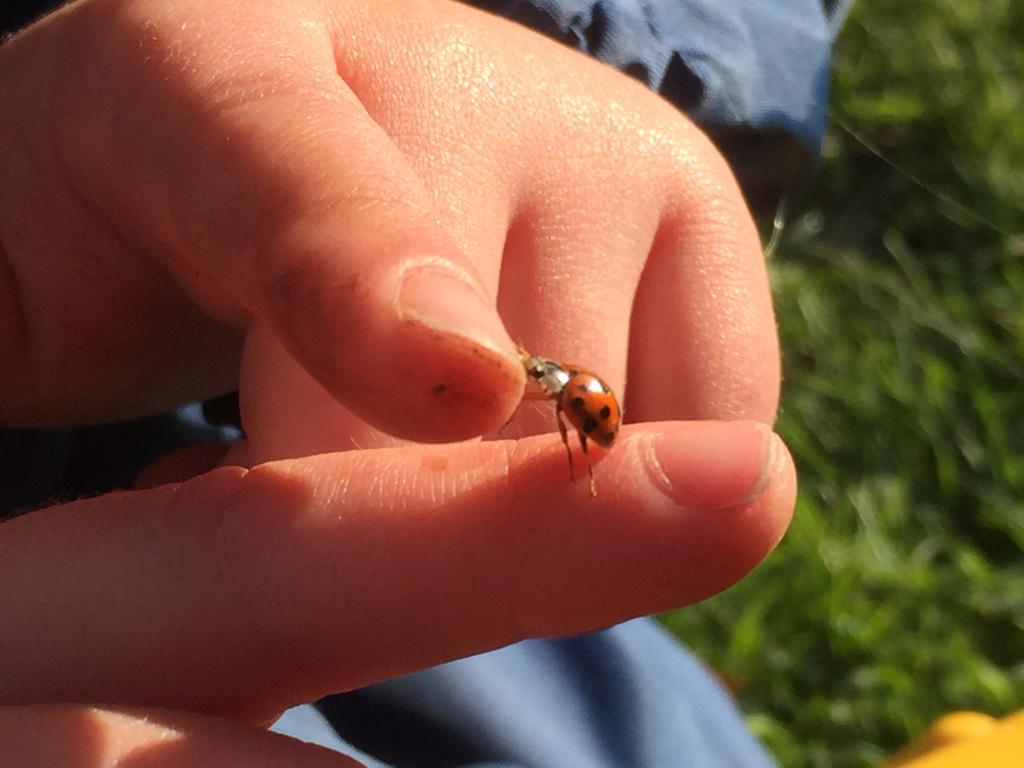
One of the residents
We are at a point in time when the immediate crisis has indelibly highlighted the inequities in our system (grouse shooting good, backyard BBQ bad) but has failed to change the status quo. It’s also, however, the perfect time to connect, empower and capitalise on the strength and influence of the social and community business sector. And to remind ourselves, as Roald Dahl’s Matilda would have it, that ‘having power is not nearly as important as what you choose to do with it’.
Lucy Dossor
Co-Founder, Growing Sudley CIC
Learn more about Growing Sudley on their website, Facebook, Twitter and Instagram

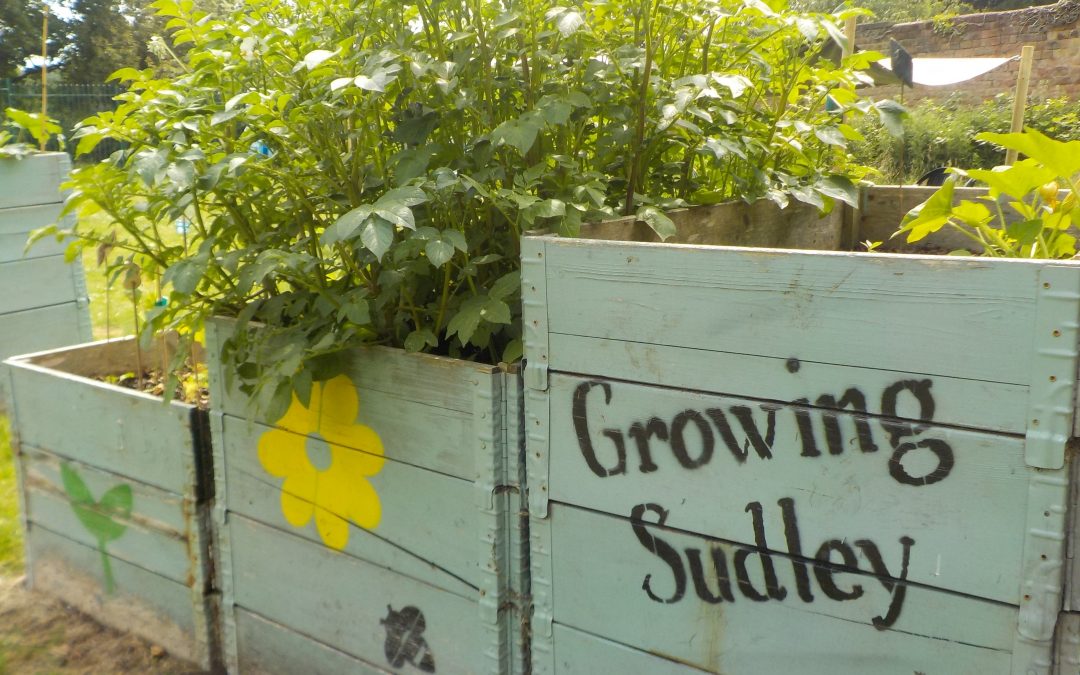
Recent Comments